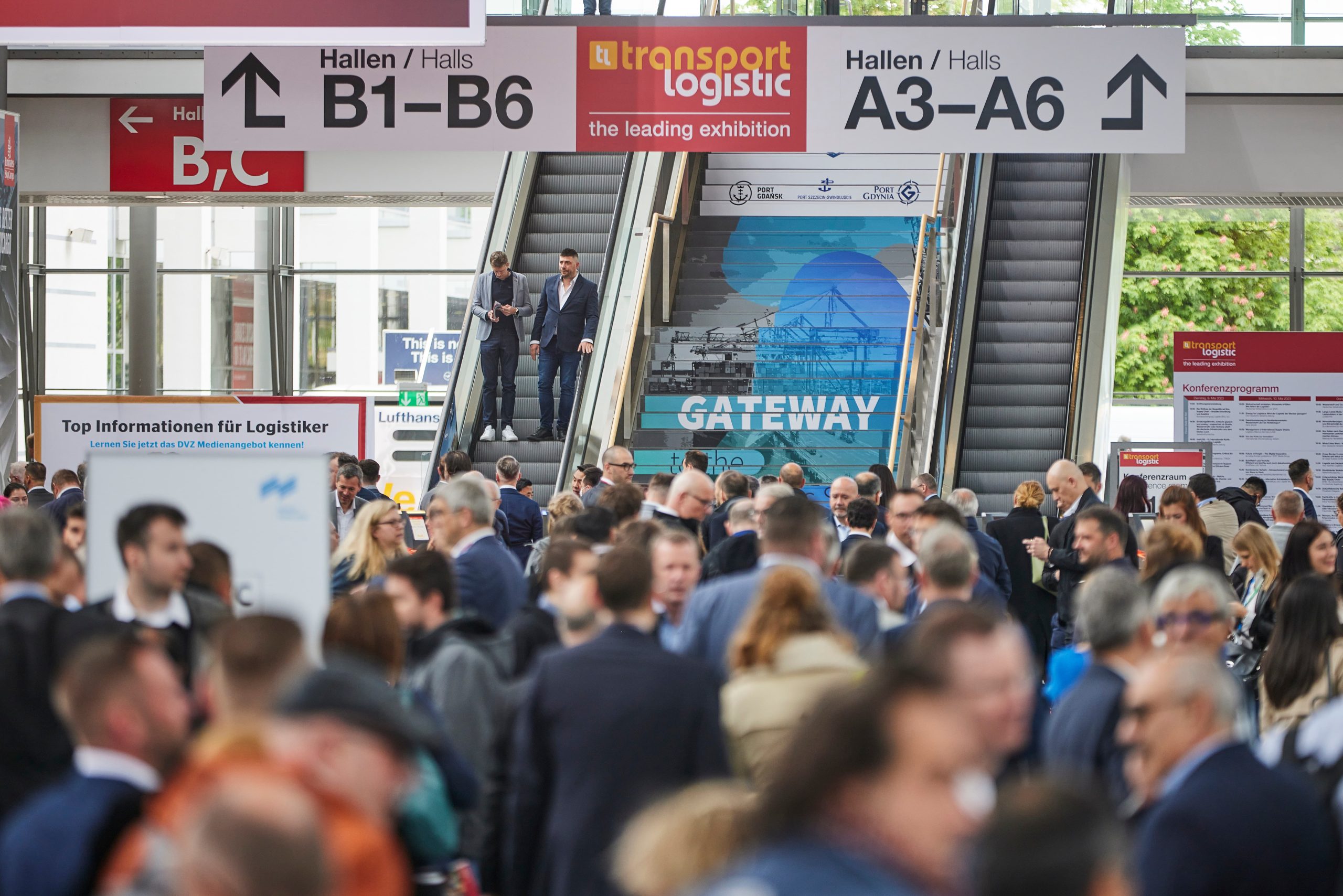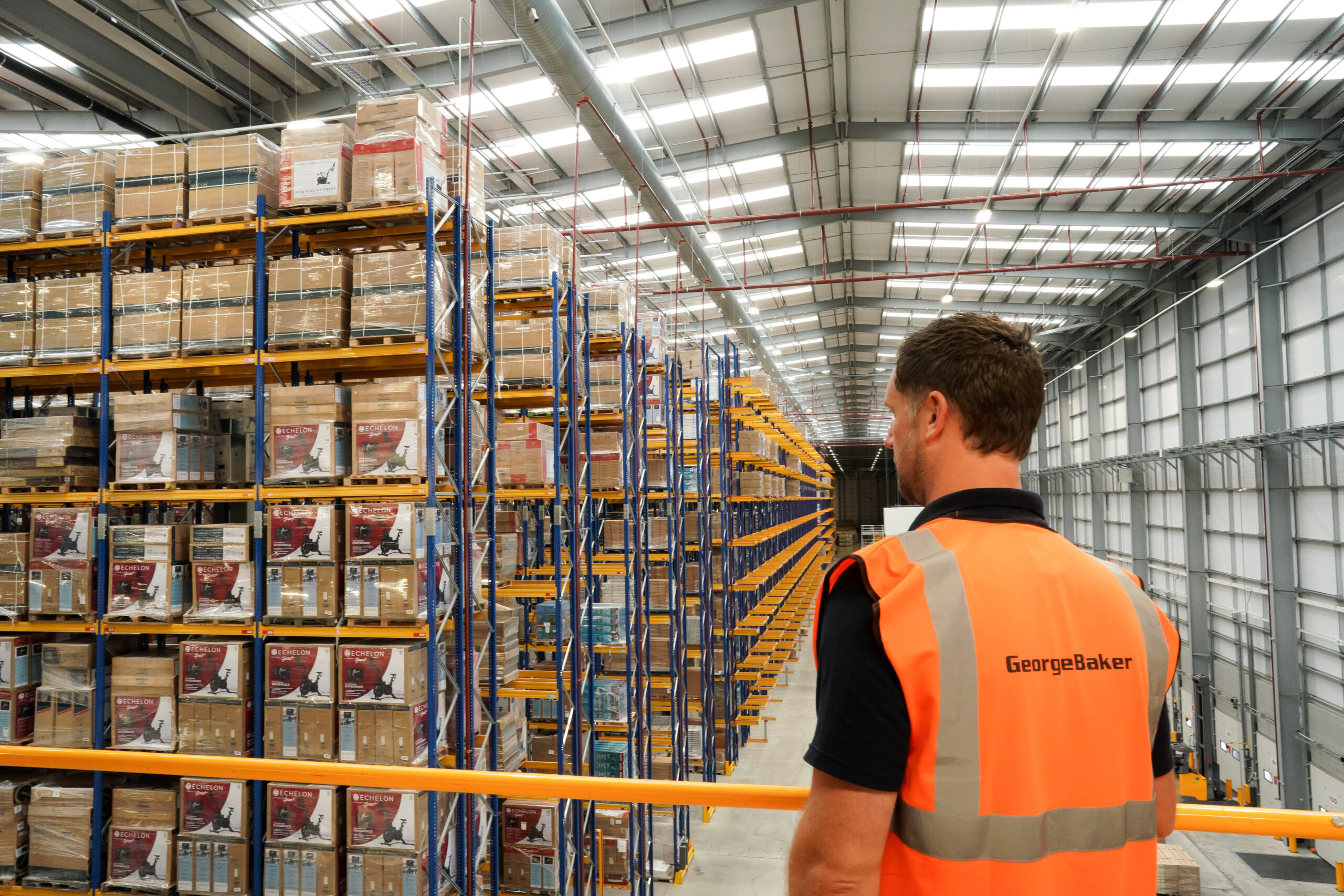Watch the full video here
Why do more people need to know about Customs? Do enough people know about how Customs Clearance works?
If we believe that export growth is important for business, for the country and for the economy, then we have to compete with other countries through export markets. It is logical then that we will need to educate the next generation of people working in customs clearance, whether that be in exporting companies or in the intermediaries that they use. We have to make sure that they have the knowledge and plan for the future. Knowledge is the bomb!
Who looks after Customs within a company?
Customs requirements are likely to apply to all areas of a business. If you start with accounts then when you think of the commercial invoice that’s raised for the goods, that is the central document which provides the vast majority of the information needed for a Customs / export declaration.
It is also important to the sales department who have to determine the terms under which the goods are being sold – whether that’s Ex Works or Delivered Duty Paid in the country of destination. These terms determine whether the exporter has to be responsible for the Customs Clearance documentation upon the export of the goods and maybe even in the arrival in the country of destination because the buyer may want the customs and duty to be included in the price.
All areas should be thinking in terms of the Customs aspects of the export process.
How should Customs fit within a company’s strategy?
Anyone involved in exporting or importing goods from the UK will have established that they need to do Customs declarations. The company must decide its strategy in relation to how those declarations will be submitted to Customs by the exporter.
One of the possible options is to use your freight carrier or your logistics provider to do the entire service for you – in other words they’d internally look after the Customs/export declarations by having their own internal Customs department or they’d subcontract the work to their own Customs Broker or liaison.
The next possibility is to appoint your own direct Customs Clearance broker or agent to look after the process of submitting the documentation. They will guide you on the information they need from you to fulfil that work.
The final option is to establish your own link to customs, though there are costs involved in that. You can get a Customs link, put the necessary software in place and a member of staff can be trained to complete the Customs documentation themselves internally.
It’s up to each company to decide their own strategy.





